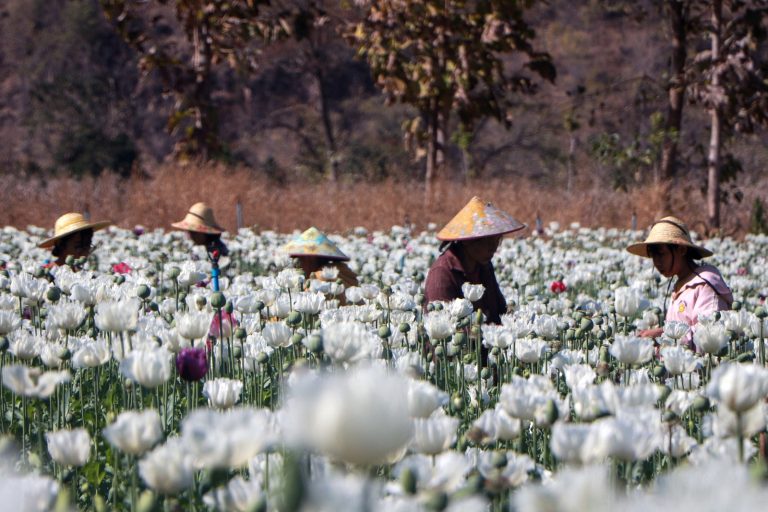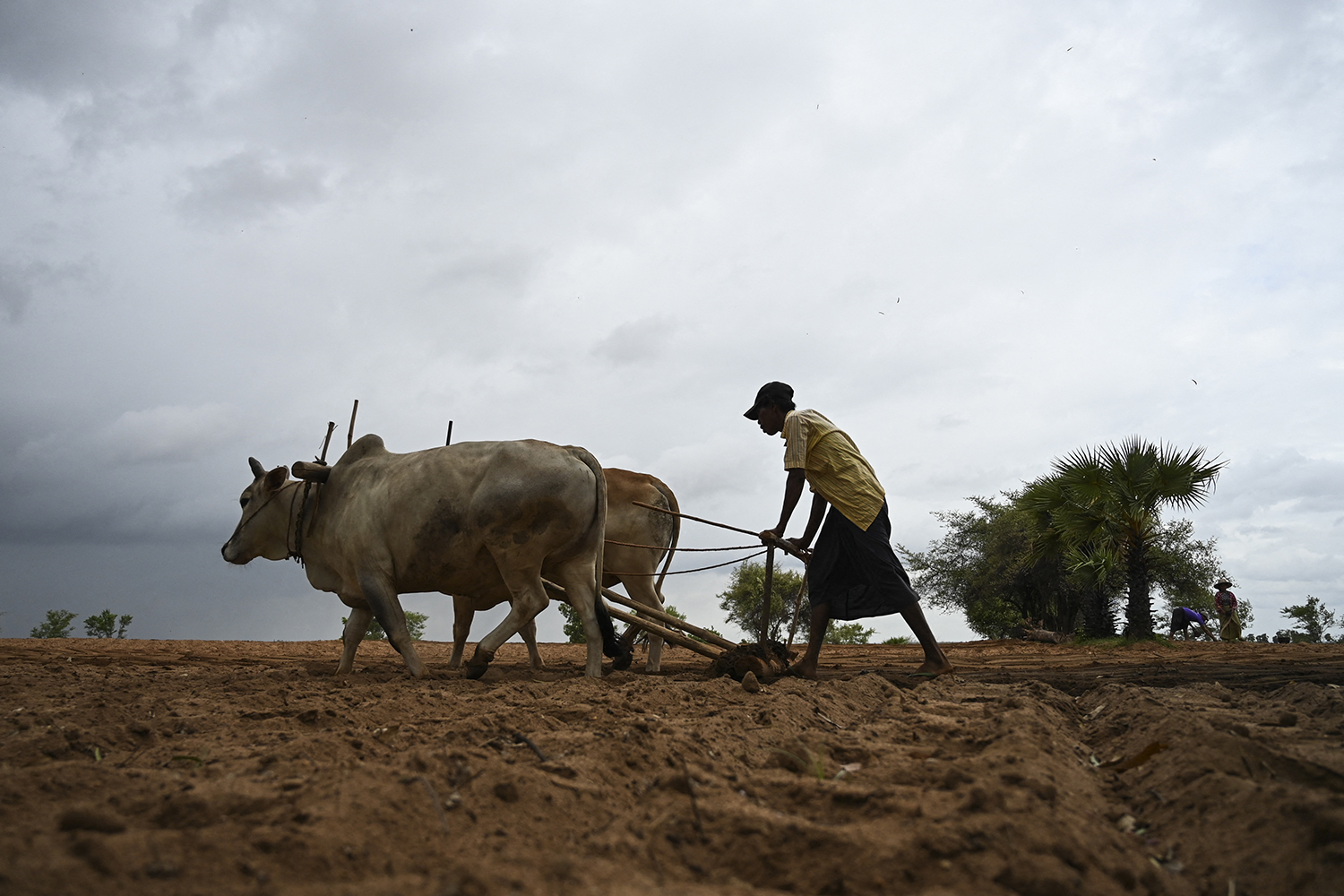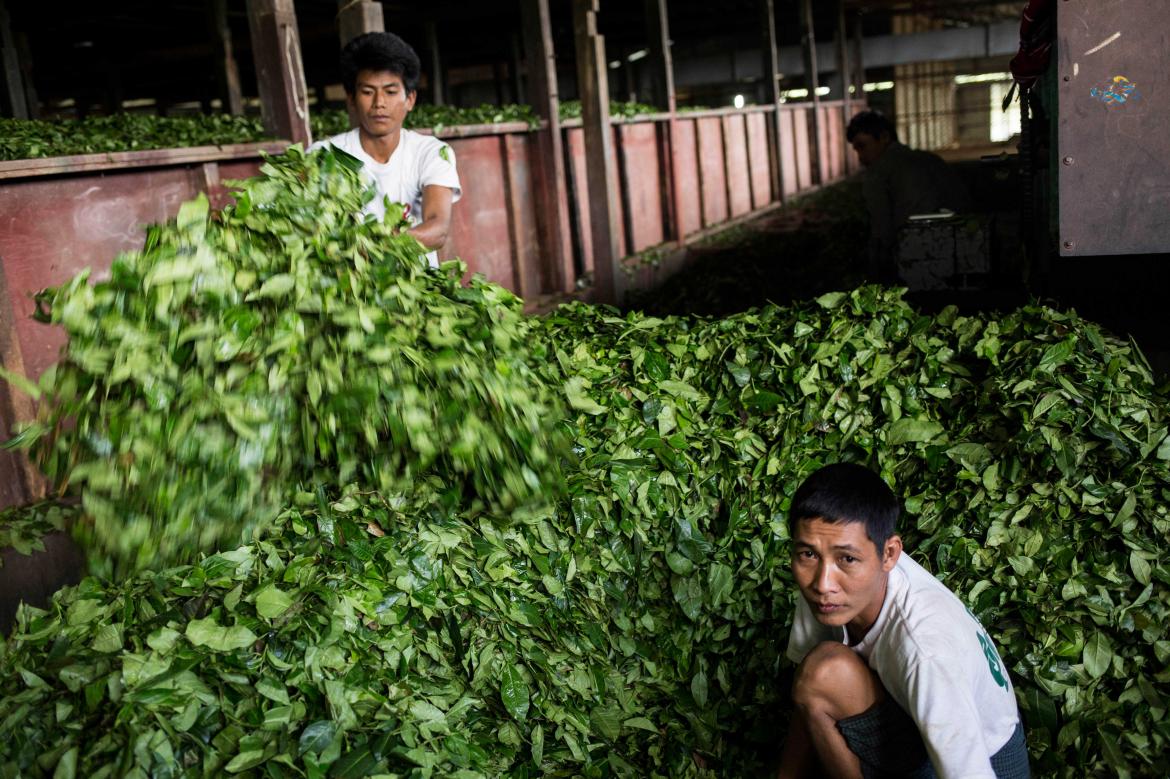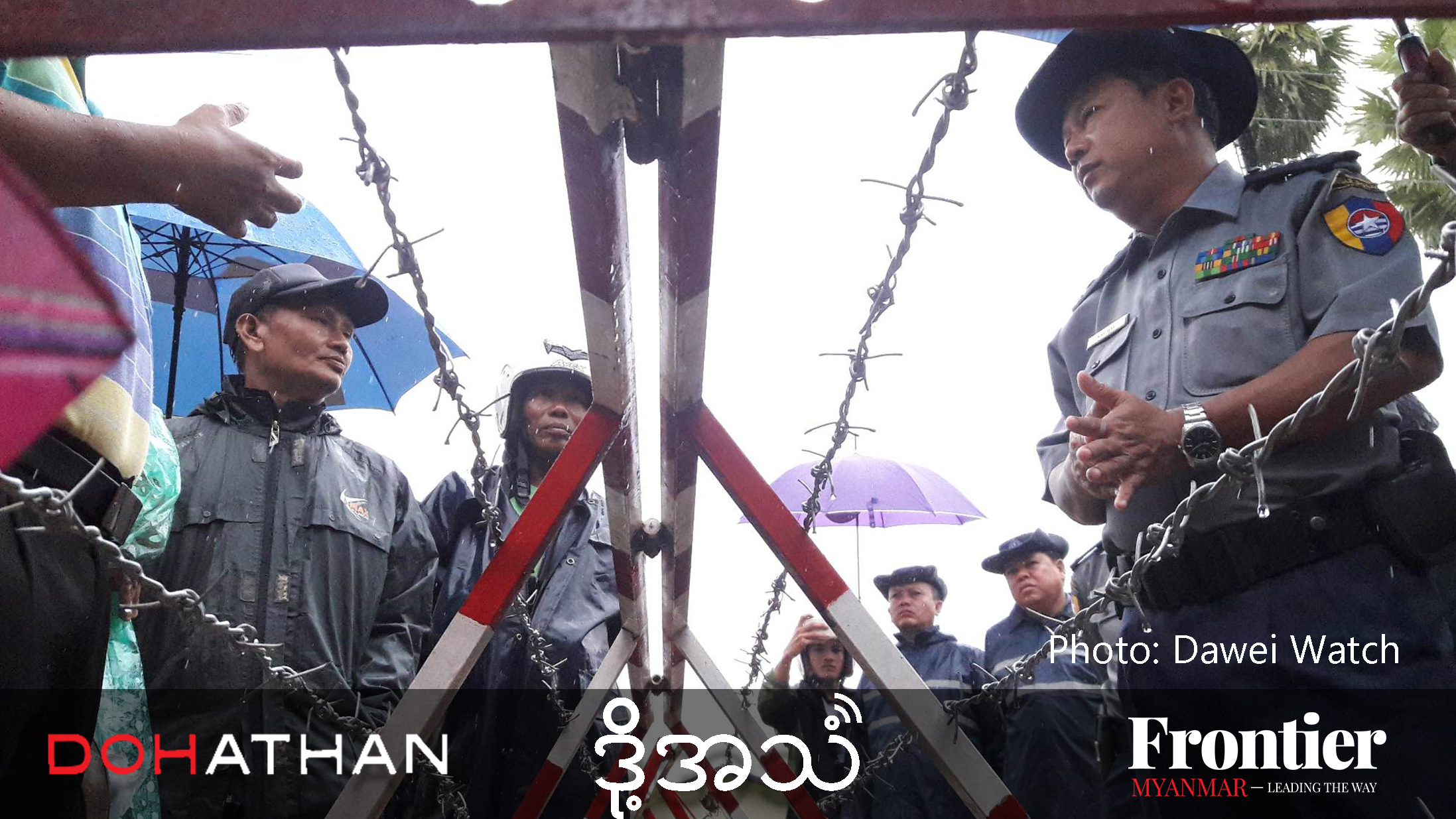Increased private sector investment in agriculture is helping to modernise a sector that the government has named as a priority for development because of its crucial role in the economy, the Nikkei Asian Review said last week.
The investment includes the country’s biggest rice mill, being built by Myanmar Agribusiness Public Corporation to boost exports of the cereal, and a project by Myanma Awba Group to build an agricultural chemicals factory.
MAPCO plans to begin operating the K9 billion (about US$6.66 million) rice mill, at Kyaiklat in Ayeyarwady Region, in March, NAR reported on January 6.
It will be capable of processing 450 tonnes of rice a day, almost triple the capacity of MAPCO’s mill in the capital, Nay Pyi Taw, the report said.
The Kyaiklat mill will be equipped with parboiling equipment that steams rice before milling to make the staple resistant to breaking.
Support more independent journalism like this. Sign up to be a Frontier member.
The report said that although Myanmar was one of Southeast Asia’s leading rice producers, it mainly produced broken rice because mills had not been upgraded during junta rule.
“The export competitiveness of rice produced in Myanmar is weak because of its inferior quality compared to rice grown in Thailand and Vietnam,” NAR said.
The report also said that rice exports to China last year were affected by increasingly severe measures by the Chinese authorities to curb smuggling. Exports were also disrupted by the November attacks launched by four ethnic armed groups that temporarily closed the border at Muse.
Muse handles 90 percent of the border trade with China, which is the biggest importer of Myanmar rice, the report said.
The crackdown on smuggling and the disruption to trade through Muse was expected to contribute to a decline in rice exports from Myanmar this fiscal year of between 20 percent and 30 percent, NAR said.
Meanwhile, Myanmar Awba Group’s $15 million factory at Hmawbi north of Yangon is due to be completed early this year.
The International Finance Corporation, an arm of the World Bank, is providing $10 million toward the cost of the project under an agreement signed with Myanmar Awba last September, Frontier reported at the time.
The factory was expected to meet half the national demand for pesticides and other crop protection products, Myanma Awba spokesperson Ko Aung Htet told Frontier.
The IFC said it would be the only such factory in Myanmar that met environmental criteria set by the World Bank.






